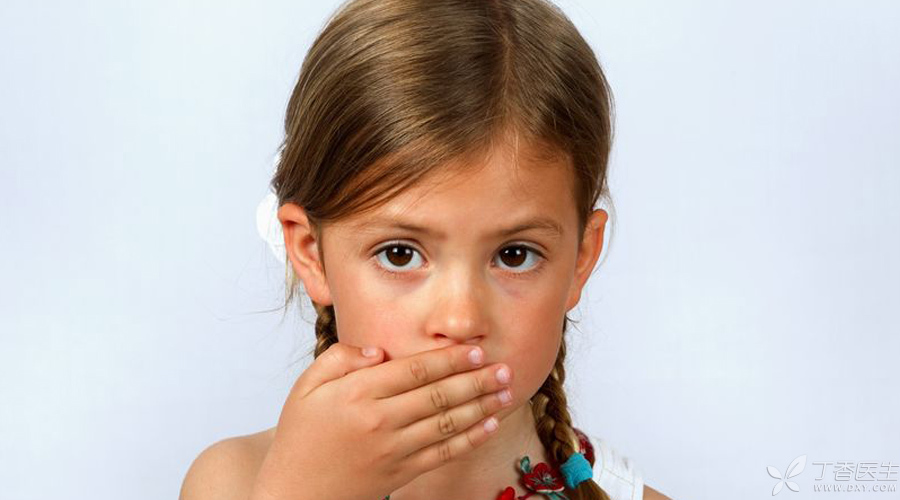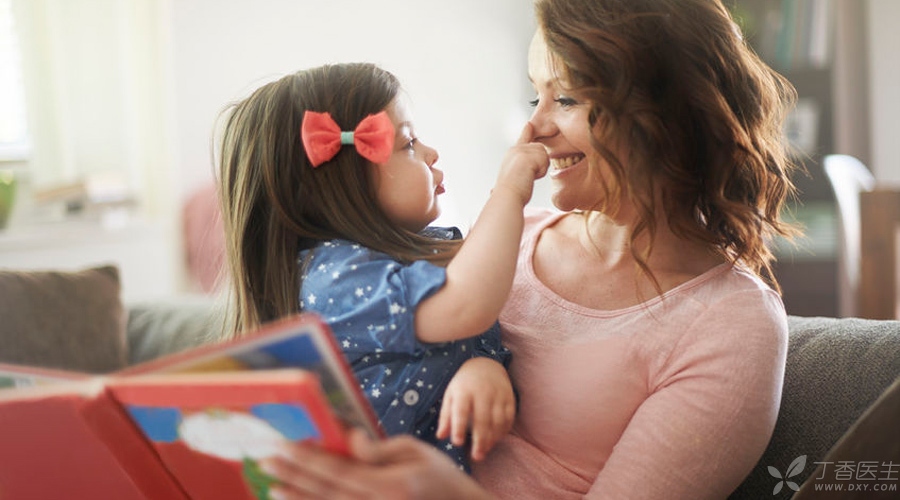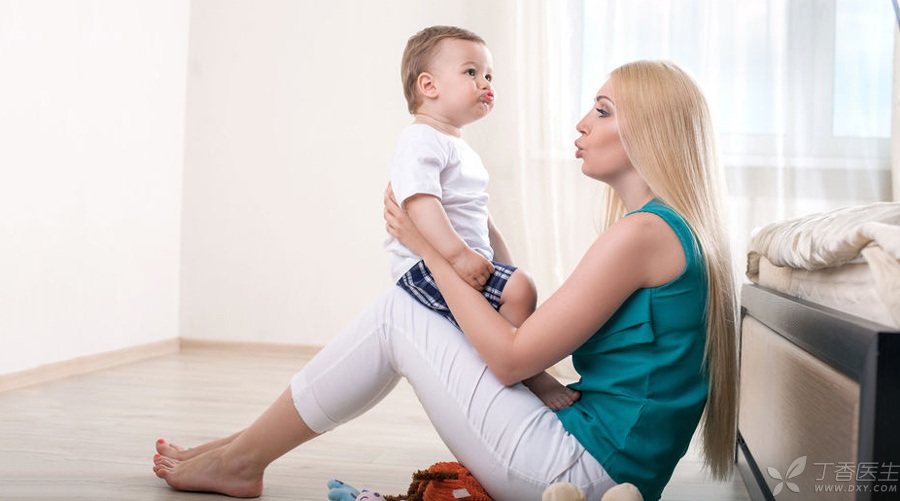
Teacher Zuo, my child suddenly said very bad words the other day. What should I do?
Recently, many parents asked me this.
We all don’t want our children to learn to use dirty words well, but it seems that most of the time when we don’t know what, our children will say it themselves and don’t know who they learned from.
How did this [dirty words] come about? How do we deal with the child’s dirty words? Today we will have a good talk.
Babies use foul language, but they learn it from adults
In order to adapt to the new environment, children are born to imitate and learn new things in life. When children find that there are strange kinds of languages in the world of adults or small partners besides ordinary languages, their first reaction is fun and interesting.
Babies 2-3 years old or so, language ability began to develop rapidly, they will continue to learn these words from their parents. In fact, most of these [dirty words] can only be regarded as indecent words, and they are just unconscious imitations of the baby. That is to say, at this time the child just learned to say dirty words [like a sample].
However, the baby’s learning ability will grow with age, and it will reach another peak when he is about 10 years old. At this time, the content of foul language will be different, so parents should pay more attention.

Babies always swear? It may be that we are not guiding in the right way.
In life, it is normal for children to occasionally say a few words that are not very elegant, such as [big fool of mother]. After all, children are not malicious and are not worth being angry with.
The question is, why do children often say dirty words when we have already told them that they are wrong?
1. This has become a common language among children.
Other children said, I also want to! Only when everyone speaks strange language together can we show that we are [in a group].
For example, children in a class will speak the language of “little fart pig”. However, parents often ignore this kind of behavior of their children, because it is not only their own children, everyone says so, and it is not harmful.
Because parents did not pay attention in time, it may not be so easy to correct when they find out that their children have learned more inappropriate words.

2. Children are eager to get your attention.
Parents may be worried when their children use dirty words for the first time, but they also choose to reason with gentleness. Some parents may also think that children [children’s words are innocent], but they say these words are cute and play jokes with their children.
In this way, children will find that as long as they say dirty words, their mothers will pay attention to themselves. And set up such conditioned reflex:
Speak dirty words and my mother will pay attention to me and talk to me well.
In this way, the truth may have been said thousands of times, and the child will take the initiative to say dirty words next time.
Therefore, children’s habit of swearing may be formed and strengthened by our parents unconsciously!
3. This is a weapon for children to express their anger.
In fact, we can find that the average child smiles when he speaks dirty words and does not maliciously regard it as a game.
However, when they find that swearing can make the other party feel uncomfortable, they may choose to say these [ugly] words to achieve the purpose of [revenge] and resistance to the other party.
Therefore, as parents, we should not only simply stop the children’s behavior, but also understand the reasons why the children say dirty words and try to meet some of the children’s needs through good communication.

Try these three methods to actively guide the baby.
1. Try not to let children contact dirty words,
This is the easiest way to correct children’s foul language, but in fact it is really difficult. Because children are exposed to TV, market advertisements, adult conversations and so on almost every day, which is often impossible to prevent.
So the most important thing is the parents themselves. If they often say dirty words, how can they ask their children not to say them?
2. Tell your child the meaning of foul language and how the other person feels.
We need to guide children to correctly understand the meaning of dirty words, so that children can know the seriousness and consequences of saying this sentence.
Parents can tell their children that it is impolite to say dirty words, and these impolite words can make people feel very bad. If the child still shows that he does not understand, he can try to awaken his imagination.
For example, you can say to your child like this:
If your toy bear swears at you, do you think he is very annoying?
After the child understands this truth, he will not say it next time.
Step 3 Make rules at home
If it is really not possible, it is necessary to set rules to show the family’s determination to zero tolerance for children’s dirty words. We can use the following words to tell children:
Now you already know that swearing is not good, so our family is not allowed to continue to say such words. No matter who in the family, if they say it next time, they will be punished.
Once the rules are made, they should be implemented gently and firmly to let the children know that swearing is not allowed at home, so that the children will gradually reduce swearing.
